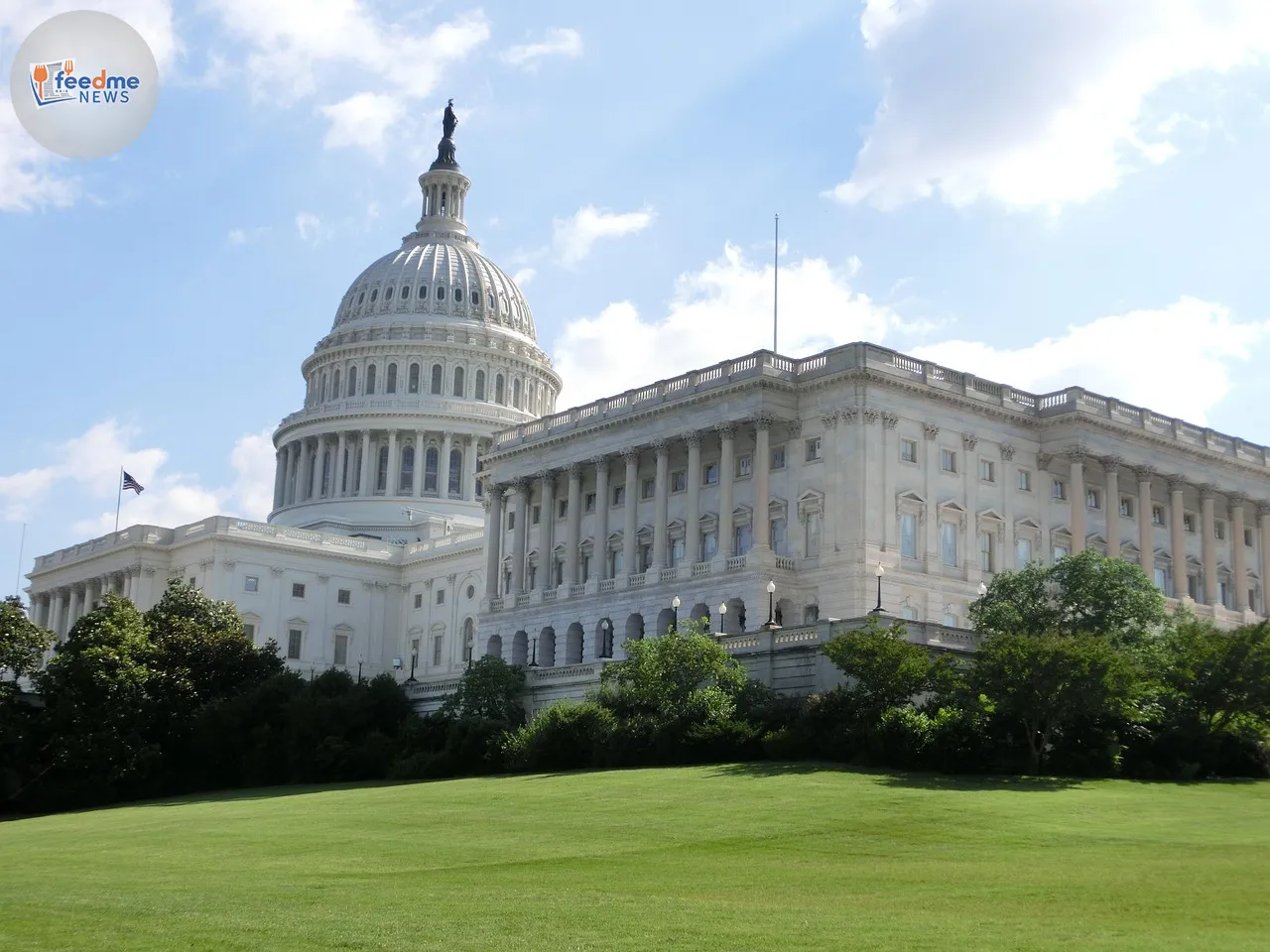Donald Trump has called on House Republicans to vote to release files related to Jeffrey Epstein, reversing his previous stance and escalating a high-profile push for transparency. Posting on his social media platform, Truth Social, Trump wrote: ‘We have nothing to hide,’ a message aimed at clearing suspicion and rallying his party ahead of an expected vote in the House of Representatives this week. The move aligns him with House Speaker Mike Johnson, who said a vote to release Justice Department documents in the Epstein case should help put to rest allegations ‘that he [Trump] has something to do with it’. The appeal marks a notable shift for Trump, who had earlier resisted wider publication of material connected to the late financier and convicted sex offender.
The call comes amid renewed political focus on the Epstein case and growing demands for public access to government-held records. It also underscores how both transparency and optics continue to shape debates in Washington, especially when politically sensitive investigations involve well-known figures.

When and where this happened
Trump issued his message on Monday, 17 November 2025, on his Truth Social account. In Washington, House leaders signalled they expect a vote this week on whether to press the Department of Justice to release documents linked to the Epstein case.
A public about-face on a fraught case
Trump’s endorsement of releasing the Epstein files represents a sharp turn from his earlier position. In recent months, he resisted proposals to make more of the material public. His new line — emphasised by the statement, ‘We have nothing to hide’ — places him on the side of more disclosure and suggests a calculation that transparency could dispel allegations and regain control of the narrative.
The reversal comes as party leaders seek to stabilise the issue inside the Republican conference. By encouraging a vote, Trump gives House Republicans political cover to support document releases and counters claims that he opposes scrutiny. It also positions him as a driving force behind transparency, even as the party weighs the legal and privacy implications of opening sensitive records.
What the House may release — and why it could matter
Lawmakers are considering a measure tied to Justice Department records related to the Epstein case. The scope has not been detailed publicly, but such votes often seek investigative files, correspondence, and internal memoranda that can shed light on prosecutorial decisions, timelines, and contacts with outside parties. Any action by the House would need to navigate federal laws that govern disclosure, including protections for ongoing matters, grand jury secrecy, and personal privacy.
If released, the documents could offer more clarity on how authorities handled aspects of the case and related inquiries. They could also feed public understanding of a story that has generated intense interest for years. Calls for openness are not new: whenever a case touches powerful people, Congress faces pressure to show its work and give voters confidence in the process. The risk, however, lies in overpromising what records can answer, or releasing material that raises new questions without resolving old ones.
Speaker Johnson seeks to calm speculation
House Speaker Mike Johnson has tied the proposed vote to the goal of shutting down rumours. He said he believes releasing documents in the Epstein matter should help dispel allegations ‘that he [Trump] has something to do with it’. By directly addressing speculation, Johnson aims to protect his party while signalling that Republicans will not block access to relevant records.
His message also reflects a broader strategy: meet conspiracy claims with disclosure where legally possible. In recent years, congressional leaders in both parties have sometimes embraced document releases to reduce suspicion. Whether this approach satisfies critics often depends on what the files contain and how much can be published without violating legal limits.
The Epstein case remains a flashpoint
Jeffrey Epstein was a financier and convicted sex offender. He pleaded guilty in 2008 to state charges in Florida. In 2019, federal prosecutors charged him with sex trafficking offences involving minors. He died in jail in August 2019 before trial; authorities ruled his death a suicide. The case has since fuelled years of public scrutiny, in part because of Epstein’s links to prominent figures and the scope of the allegations. Court proceedings, including civil cases, have continued to produce documents and testimony that keep the story in the headlines.
That history explains why new disclosures, even procedural ones, attract large audiences. For many, the question is not whether the public deserves answers, but how far and how fast institutions will go to provide them. The tension between the need for transparency and the safeguards built into the justice system remains central to the debate.
Balancing transparency with legal and privacy constraints
Any push to release government records must contend with multiple limits. Law enforcement materials may be protected if they relate to ongoing investigations or contain sensitive methods. Grand jury information remains secret by law. Records can also include personal data about individuals who are not charged with crimes, as well as details that could identify victims. These factors shape what officials can publish and when they can publish it.
Congress can pass measures urging or directing disclosure, and it can conduct oversight. But agencies and courts still play a role in what ultimately becomes public. That means a House vote, while politically significant, may not immediately open every file people expect. Careful redaction, staged releases, or legal reviews could follow, testing public patience as well as political promises.
Political stakes for Republicans and beyond
For Republicans, backing the release allows them to claim the high ground on transparency while countering accusations aimed at their most prominent figure. It also unifies the party around a definable action: a vote to let in more light. For Democrats, the moment presents a chance to press for full accountability and to demand consistent standards for document disclosure across cases. Both sides understand that the public tends to favour openness, especially when allegations involve abuse and the misuse of power.
The broader political context matters. High-profile document releases can dominate news cycles and shape opinion even when they do not settle all disputes. If the files answer key questions, Republicans may say they have closed a chapter. If they raise new issues, parties could clash over next steps, including further oversight hearings or requests for additional records.
What to watch in the House this week
Procedurally, House leaders will decide the exact wording and scope of any measure tied to the Epstein records. Members may debate deadlines for the Justice Department, definitions of what counts as responsive material, and standards for redactions. They could also signal how the House would respond if agencies say some records cannot be released under current law.
Observers will also watch how many Republicans align with Trump’s new stance and whether Democrats vote in large numbers for disclosure. A strong bipartisan tally would amplify the political message and increase pressure on the Justice Department to act swiftly within legal boundaries.
The road ahead
Trump’s call for House Republicans to vote to release Epstein files puts transparency at the centre of a contentious debate and marks a notable shift from his earlier resistance. Speaker Mike Johnson’s push to proceed this week adds urgency and aims to quell speculation by moving the question into the open. What happens next will depend on the scope of the House measure, the legal limits on law enforcement records, and how quickly agencies can review and release any material. If the documents provide credible answers, they could restore some trust in the process and cool political heat. If they leave big gaps, the pressure for more disclosures and further oversight will likely intensify, keeping the Epstein case — and the politics around it — in the spotlight.






